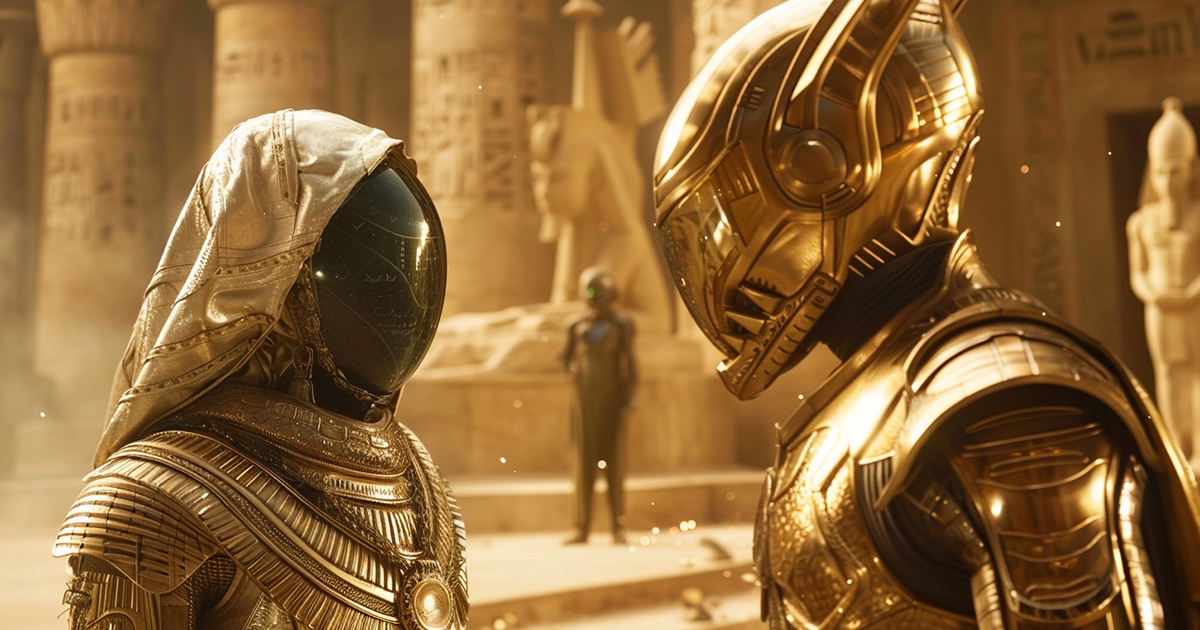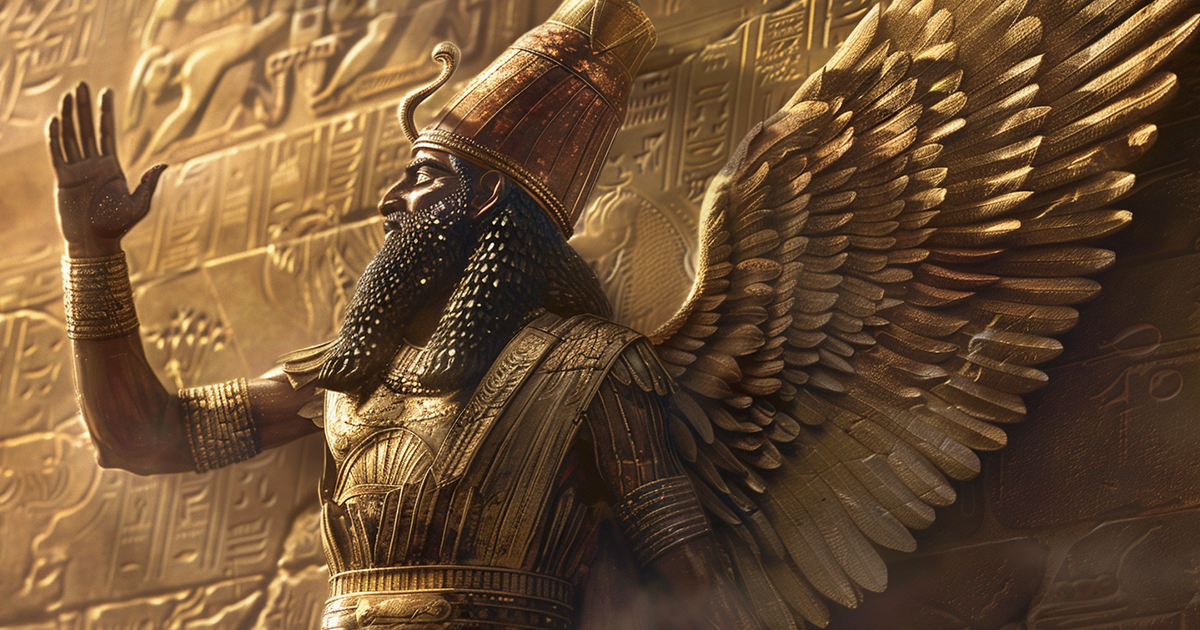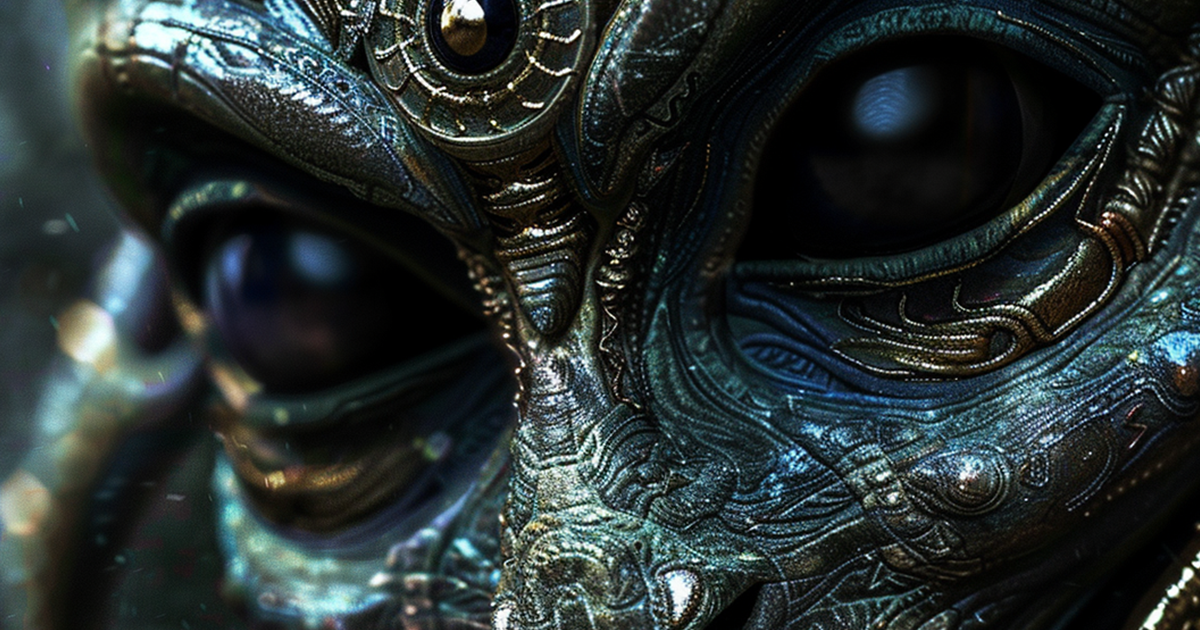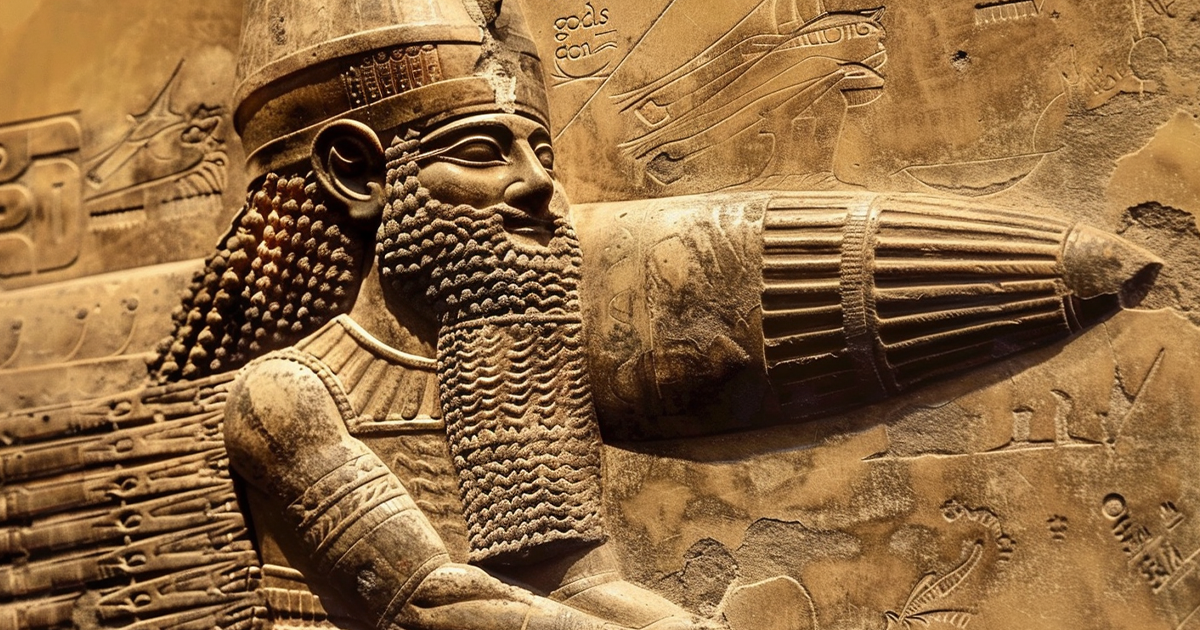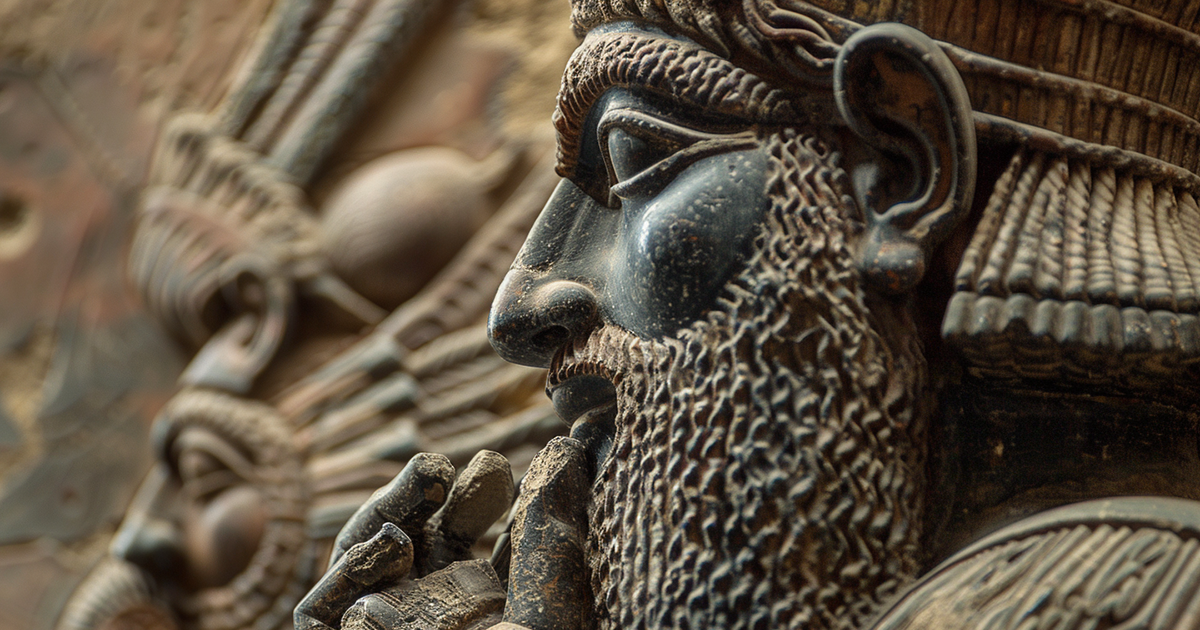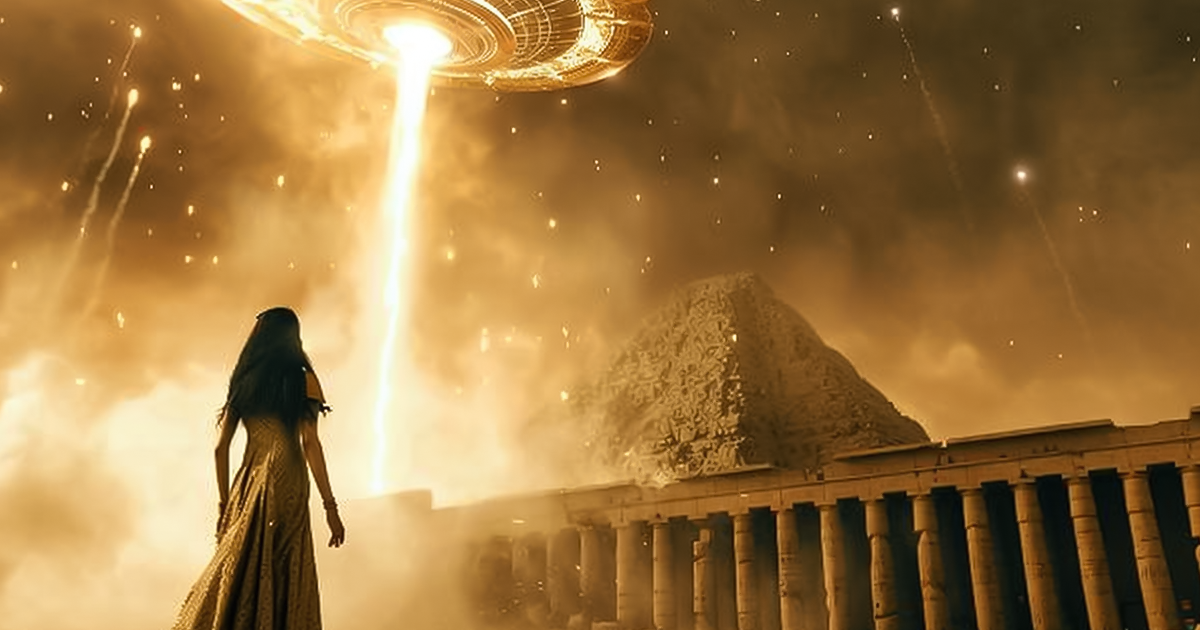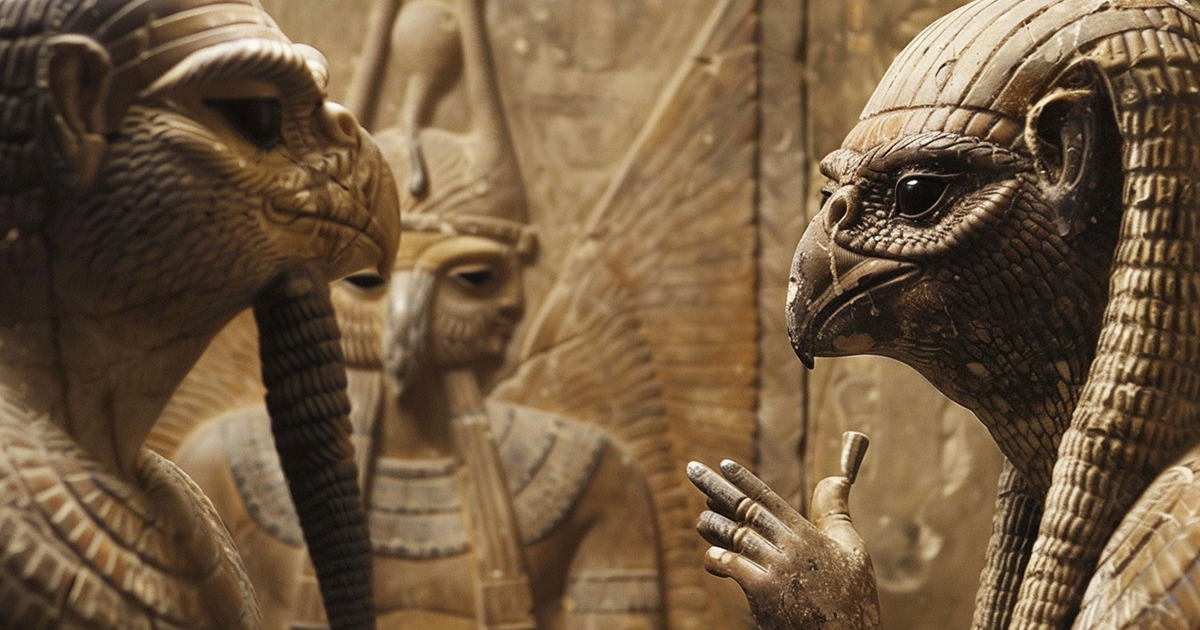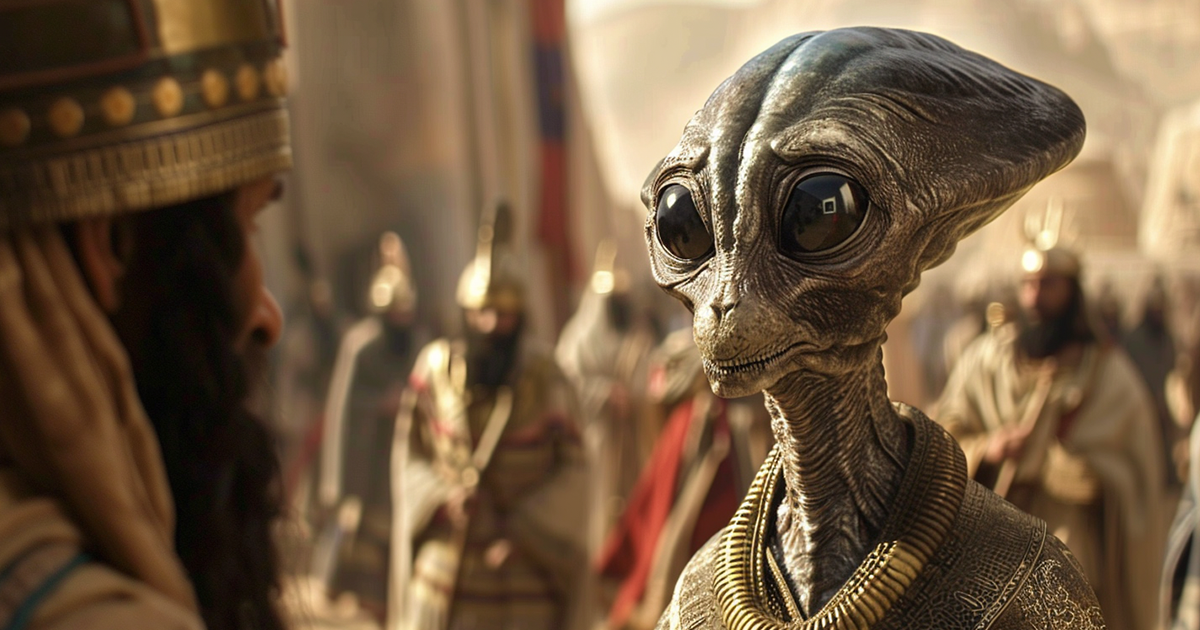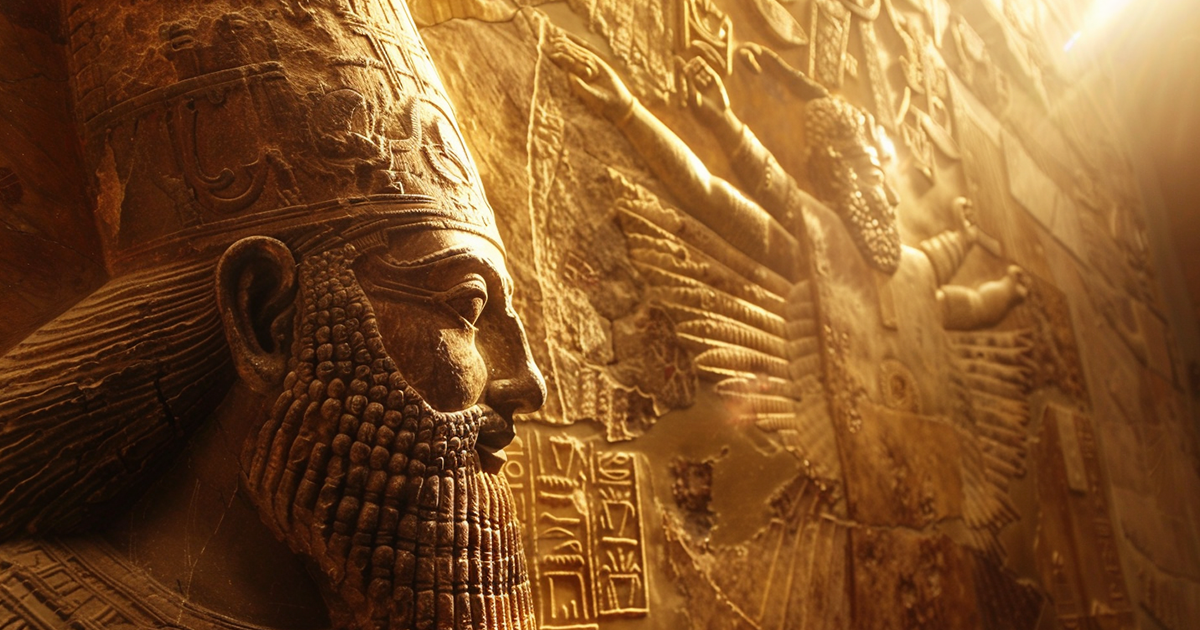Deciphering Sumerian Mythology: Nippur’s Temple Complex and Cosmic Connections
Nippur, an ancient city in Sumeria, was home to a vast temple complex that played a central role in religious practices. While traditionally seen as a site of worship, some interpretations suggest a more intriguing possibility—that Nippur’s temple complex served as a hub for communication with extraterrestrial entities. Situated in the heart of Sumeria, Nippur … Read more

